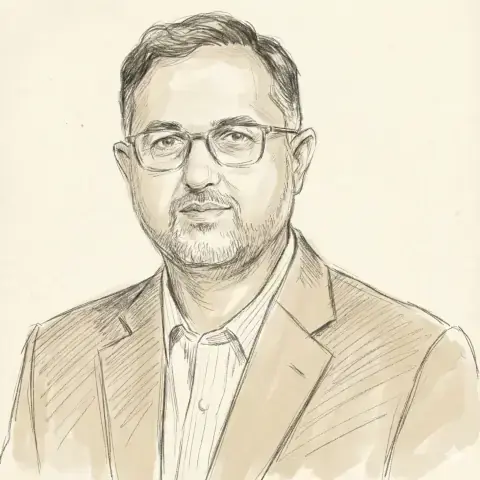 |
| KABUL: Prime Minister Nawaz Sharif arrives at Dilkusha Palace on Tuesday with Afghan President Ashraf Ghani.—APP |
ISLAMABAD: Using some of the strongest language to date, Pakistan warned the Taliban on Tuesday that their violent acts in Afghanistan in future would be treated as terrorism.
Pakistan and Afghanistan, during Prime Minister Nawaz Sharif’s day-long visit to Kabul, agreed on a series of actions against the militants on their respective sides, according to reports from the Afghan capital.
Addressing a joint media conference with Afghan President Ashraf Ghani, Mr Sharif said: “Pakistan strongly condemns increase in violence and Operation Azm offensive by Afghan Taliban. Continuation of such offensive and attacks will be construed as terrorist acts and we condemn such attacks in strongest terms.”
Islamabad had recently condemned the Taliban’s Spring Offensive, but it was the first time for Pakistan to say that violence by the militant group from now on would be treated as terrorism.
“We stand in strong solidarity with Afghanistan. I assure you that the enemies of Afghanistan cannot be friends of Pakistan,” the prime minister said.
Islamabad, Kabul agree on steps against militants
Mr Sharif, who was accompanied by Army Chief Gen Raheel Sharif and other senior foreign policy, military and intelligence aides, visited Kabul at a time when the goodwill that emerged in the relationship after the change of government in Kabul seemed to be fading away due to fresh Taliban violence and the promised reconciliation process’ failure to take off. Afghan leaders had started voicing their frustration with Pakistan on this count.
The prime minister is believed to have taken the army chief and Inter-Services Intelligence chief Lt Gen Rizwan Akhtar along with him to reassure the Afghans that both civilian and military leadership supported the peace initiative.
The categorical statement condemning the Taliban violence and treating it as terrorism in future was aimed at dispelling the doubts among the Afghan leaders that Pakistan had been soft towards the Taliban and their counter-terrorism operation was only against the Pakistani Taliban.
This is, however, not the first time that a Pakistani prime minister took his army and intelligence chiefs along with him on a trip to Kabul. In April 2011, then prime minister Yousuf Raza Gilani too had led a similar delegation. But, the resolve on both sides this time was much stronger than before.
Mr Sharif reiterated Pakistan’s support for an intra-Afghan peace process, but at the same time said that he and President Ghani had agreed that peace in the region was not possible without crushing terrorism through a “a comprehensive and coordinated strategy”.
The prime minister categorically warned that “any effort by any militant or group to destabilise Afghanistan will be dealt with severely and such elements will be outlawed and hunted down”.
He pledged action against any Taliban ‘sanctuaries’ found on Pakistani soil. The two sides agreed on coordinated operations against militants along the border.
PM Sharif and his host President Ghani agreed on three guiding principles for the bilateral relationship that has long remained marred by mutual mistrust – adherence to policy of non-interference in each other’s internal matters; preventing respective territories from being used against the other; and that Afghanistan’s enemies will be treated as Pakistan’s enemies and Pakistan’s enemies will be treated as Afghanistan’s enemies.
President Ghani said that “the war is being imposed on both Afghanistan and Pakistan and they [the two countries] need to work together to bring peace.”
Mr Sharif also met Chief Executive Abdullah Abdullah for discussing ways to strengthen bilateral ties.
Agencies add: Mr Ghani told Mr Sharif: “The criterion for friendship is that a friend stands beside a friend in very tough situations.”
In his reply, PM Sharif reaffirmed Pakistan’s “full support for an Afghan-owned and Afghan-led peace and reconciliation process”.
Afghan and Taliban representatives recently met in Qatar for informal discussions on a possible peace process, but the insurgents have also launched attacks across the country as part of their annual spring offensive.
Published in Dawn, May 13th, 2015
On a mobile phone? Get the Dawn Mobile App: Apple Store | Google Play


































